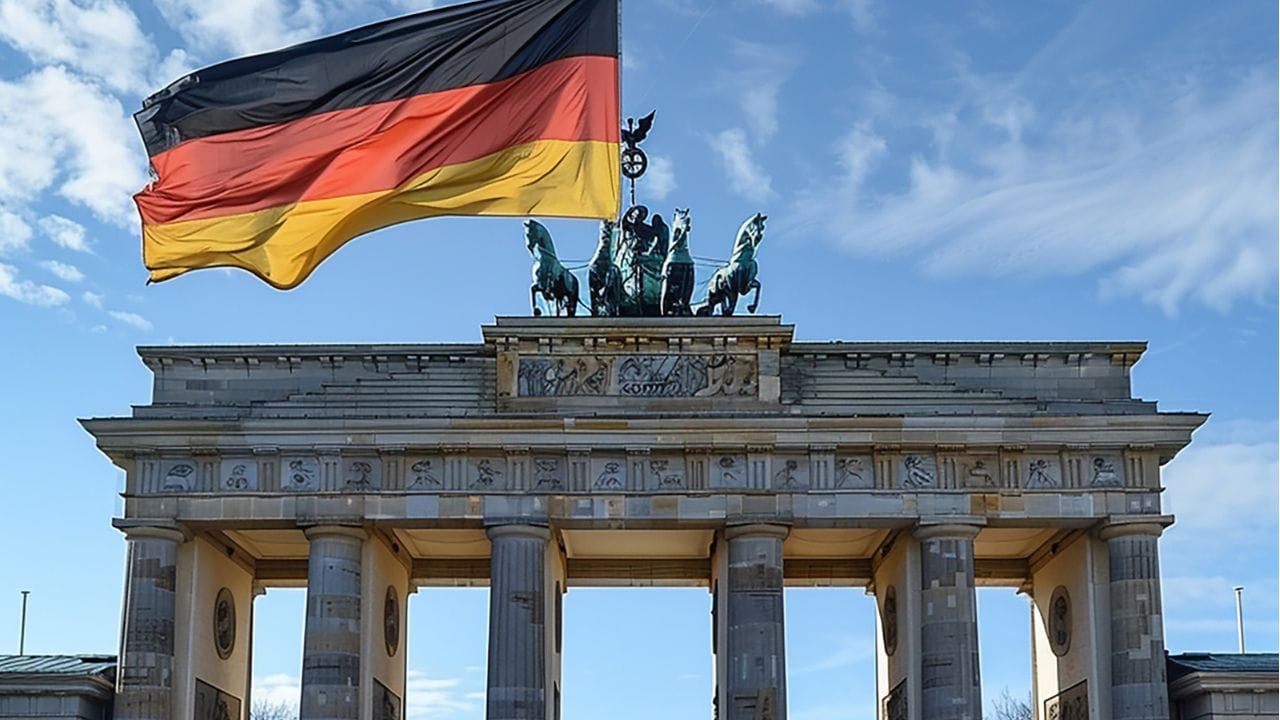Germany economic problems have come to a head, and changes are desperately needed in the way it approaches immigration. Chancellor Olaf Scholz has just emphasized how bringing more productive talent into the country from abroad is an imperative for helping turn its economy around. Given the potential output growth now predicted to fall to less than 0.4% in coming years because of the difficulties related to the graying population and a shrinking workforce, reforms are both necessary and late.
Implications of an Aging Labor Force
The demographic shift is causing an aging workforce in Germany. This may lock the country’s economy into a slower-growth path. The coalition government under Scholz realizes that the gap in the labor force can only be narrowed by actions designed to lure skilled laborers. This is growing increasingly difficult lately, and this is especially so given the rise of anti-migrant elements in the political landscape.
He said in a speech given at a conference on labor at the chancellery, “No country in the world can sustain long-term economic growth with a shrinking labor force.” His statement underlines the essential relationship between the strong labor market and economic growth.
Insertion of New Immigrants into the Labor Force
The German government is now pushing for the accelerated integration of newcomers in the labor market with the aim of stemming the looming shortage. While the economic factors are not so benevolent at the moment, it has been evident that some Ukrainians and others seeking asylum elsewhere have started getting jobs. Scholz spoke about this and insisted on tapping the potential of every single person who is already on the soil of the country.
Chancellor also mentioned new immigration law and plans for the booster of the growth of jobs, which he called the “job turbo.” This package encompasses the easing of language requirements aimed at making it easier to gain employment to attract immigrants more quickly.
Economic Outlook and Challenges Going Forward
Quoting Bloomberg, Berlin is going to probably decrease its 2024 economic forecast to stagnation from previous growth of 0.3%. It would confirm another tough year for the German economy with the added pressure of increasing gas prices and difficulties in shifting to electric vehicles. The severe impact of such economic challenges weighs on the great companies like Volkswagen and Intel, who are quite concerned about their future investments in Germany.
Furthermore, the possible return of Donald Trump to the White House might cause more disturbances in the economy that would probably depress even more the level of GDP.
Conclusion
Chancellor Scholz’s high-skilled migration with a purpose, part of the economic revival strategy, displays an all-around understanding of the complicated association between workforce demographics and sound economic health. Both the aging and volatile nature of a degrading economy might be balanced by skilled migrants, a key to sustainable growth in years to come in Germany.





